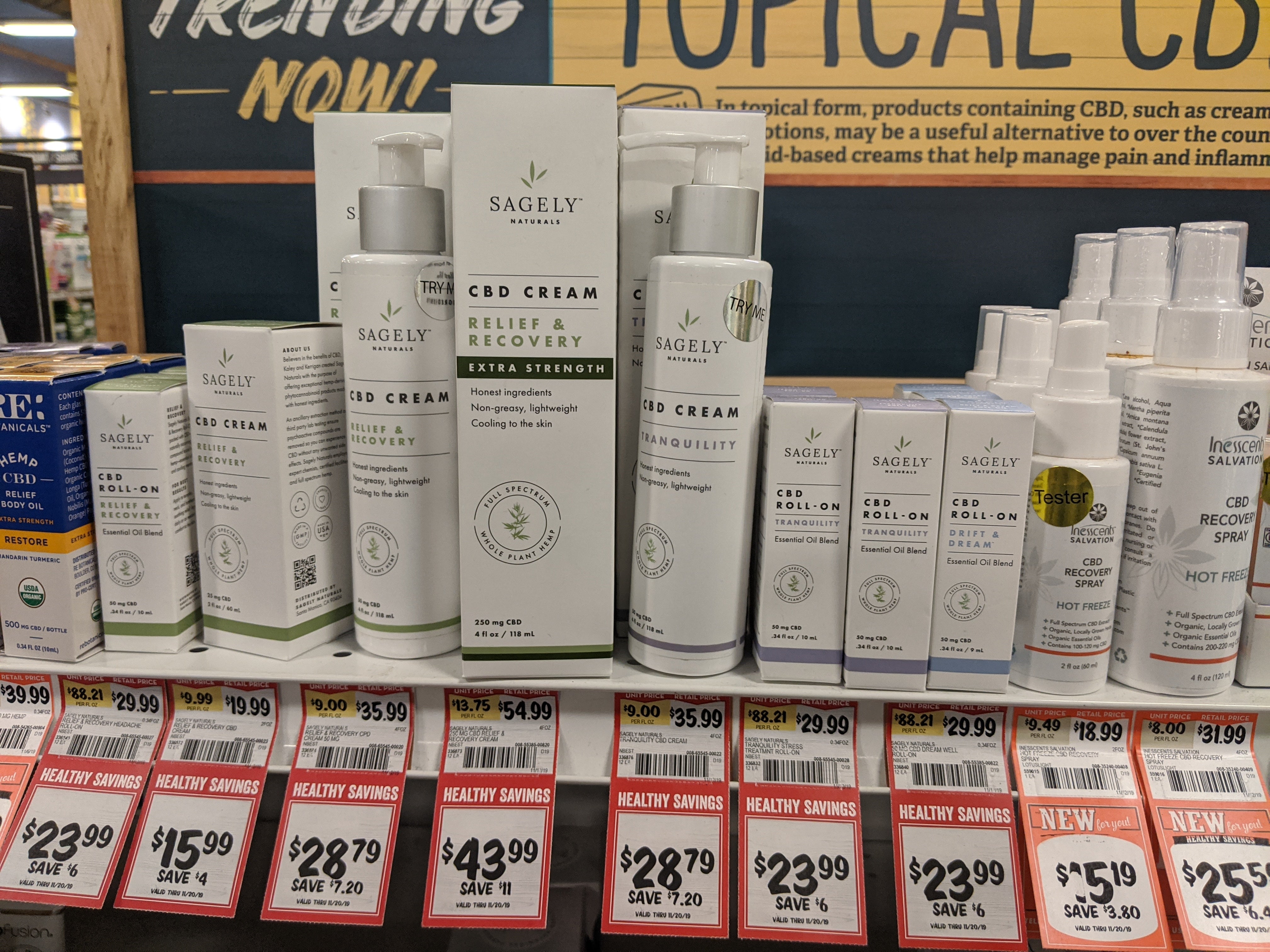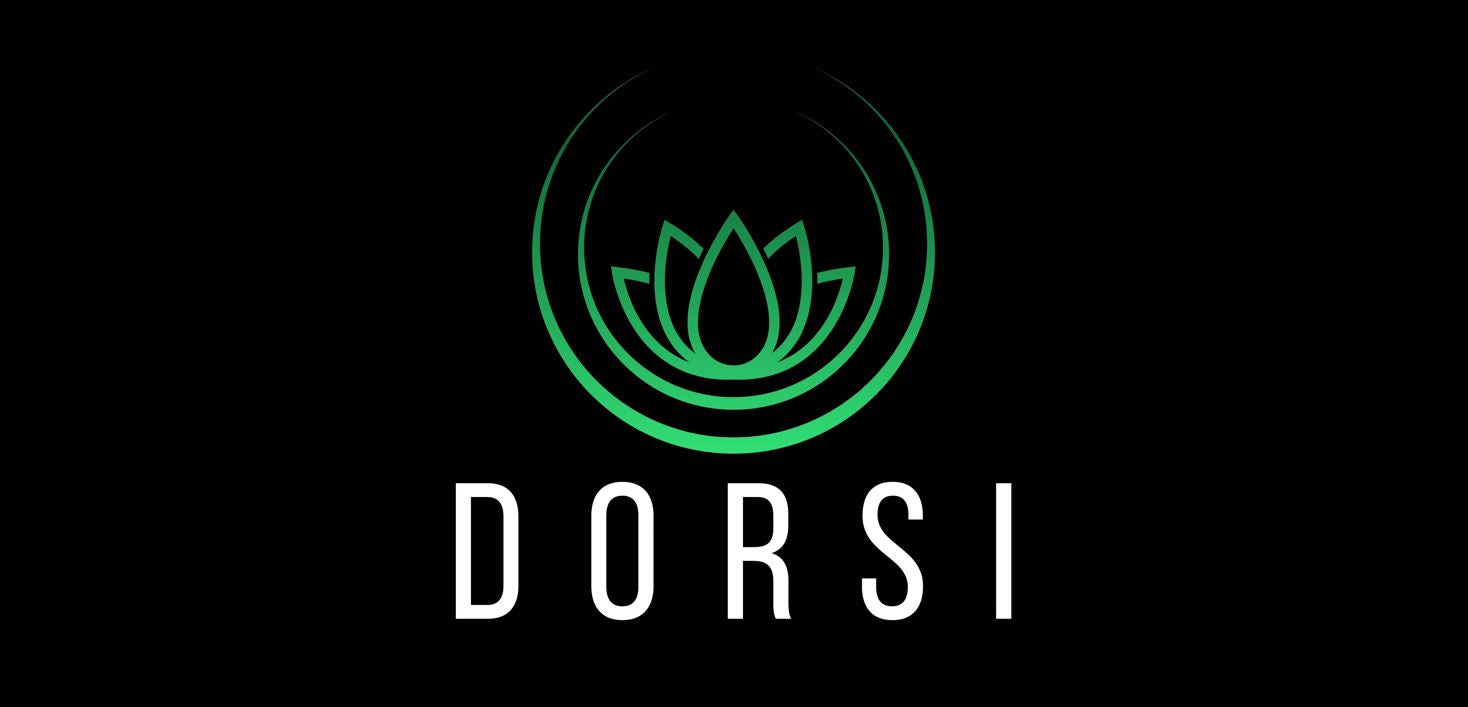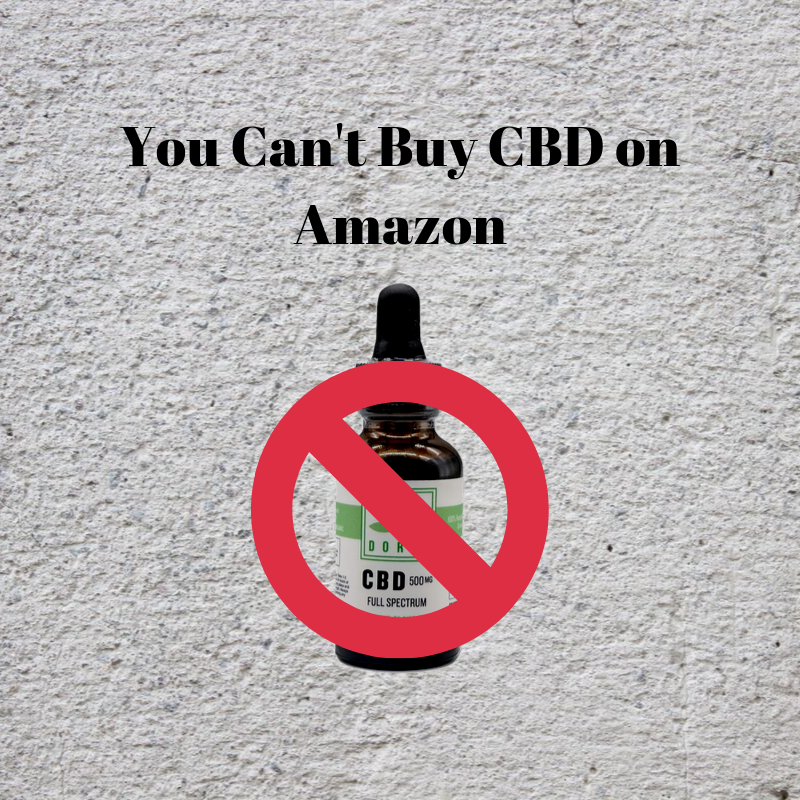
Why CBD Prices are so High: A study and observation of CBD brands and price dispersion
The CBD market is estimated to reach $20 billion by 2024. With this booming market there are no shortages of new entries businesses and products to consumers. CBD is in everything from one day syringes to chocolates and jelly beans, but cannabidiol still remains a high-priced commodity. Although the industry is considered booming by some, the main-stream cannabis industry is relatively new and it experiences considerable obstacles such as banking restrictions, interstate commerce regulation, uncommon supply chain challenges, and marketing restrictions to name a few. However, with all things being equal consumers, on average, are paying more than they should for their CBD products.
The Test: Comparing Apples to Apples
CBD is in everything so to do a fair comparison one would have to do an equal comparison. CBD Tinctures are perhaps the most popular mode of consuming CBD and since most reputable companies have less than four ingredients in their oil products comparing the two will provide a good baseline for pricing among CBD brands. To analyze we compared the price per mg in ten selected brand’s 1000mg full spectrum or broad spectrum oil (except for Medterra which is Isolate CBD). The ten brands included: CBD Distillery, cbdMD, Dorsi (our brand), Green Roads, Hempworx, Joy Organics, Medterra, Premium Jane, Pure Kanna, Rose Bud CBD. Each brand that was selected has a third-party analysis to show content of CBD, terpene analysis, and tests for solvents and foreign matter. All the brands selected also claim the CBD is hemp derived, organic, and CO2 extracted.
The Results…
With all things being equal the price range had a substantial range (image below). Medterra’s Isolate CBD Oil had the lowest price point at $.056 per mg, while the most expensive brand was Pure Kanna at $.139 per mg- a difference of $.083. Even compared to the next lowest price point for a full spectrum CBD oil, Dorsi at $.60, Pure Kanna’s price per mg had a 131% increase, a significant price point for the same product. The average price per mg CBD for the 10 brands was $.0947 with a standard deviation of $.30. Perhaps the most interesting aspect was not the quantified measurements, but the observation of how the brands were arranged. Four brands were significantly lower than the highest price point, three brands mirrored the group average and another third was arranged among the highest price point. The analysis showed three distinct price groups among the ten brands tested.

Price Dispersion- Dispelling the old adage of you get what you pay for!
The pricing analysis displayed an economic term known as price dispersion. Price dispersion is price variation across sellers, through both online and offline channels, for the same product with similar/same characteristics. The only discernable difference in our price analysis is an intangible asset- brand. All things being equal if a consumer is paying upward of $.12 per mg CBD they are probably paying too much as there are many brands with consistent lab tested products at a lower price point. The old adage of “you get what you pay for” has no substance if a consumer is paying a premium price for goods based on brand, and not product substance.
Don’t Get Tricked When Shopping- high prices don’t always equal a premium product

The second favorite phrase thrown around by both CBD consumers and sellers is “don’t buy gas station CBD”. The statement does hold weight as some convenient locations do have completely fraudulent products with little to no CBD or synthetic CBD. However, consumers should be cautious wherever they shop for CBD products (ask for 3rd party analysis or scan a QR code that is often on labels). I frequent Sprouts, a supermarket focused on health, that has a wide variety of healthy food options. Like many other larger retailers such as CVS and GNC, Sprouts is testing the CBD market by bringing on topical CBD products.
I was surprised to see the wide selection just on CBD topical and just as surprised to see the pricing. On the top shelf was a line of topical products from a brand named Sagely Naturals. My eyes were drawn to one product in particular- the Extra Strength Relief & Recovery 250mg CBD Cream. The product was on sale for $43.99 down from the original retail price of $54.99. The CBD content for the "extra strength" cream was 250mg for 4fl oz, which is a considerably low amount of CBD for a bottle that large. If this brand’s product was in our price analysis it would be off the charts with a $.22 price per mg of CBD, more than double the average price of the brands used in the analysis. Even more concerning is the fact that on Sagely’s website there is no mention of any 3rd party laboratory analysis. With the class action against Hemp Bombs for grossly understating the CBD content one would argue both brands and retailers should be more cognizant of the fact that consumers should have easy access to analysis of the CBD content in products.

The labeling of the product was very focused on verbiage used on cosmetic packaging such as "No Parabens, No Sulfates, and No Synthetic Fragrances". These are many of the same attributes competitors have such as cbdMD and our products, but are not explicitly labeled on the packaging (any paraben is under ingredients and ends with the word paraben). These are all important factors when choosing a cosmetic product, but for a topical CBD product consumers should look for CBD content, 3rd party analysis, and standard FDA statement that comes with most all CBD products on shelves.


From what I have seen Sagely seems to be a good company with a top notch distribution strategy since they have shelf space in retailers including Ulta, Sprouts, and Neiman Marcus. However, I would advise consumers to choose a brand that they feel comfortable with, and to not just look at brand positioning. Sagely was just one example, but there are many in the industry who seem to put more of an emphasis on marketing and brand positioning, than putting a quality product on the market.
The Bottom Line for Consumers
Consumers have a selection of CBD products and brands to choose from in the marketplace today. High prices do not always equal a premium product. There are some gems in the CBD industry that have a low price point, but carry quality CBD products. Right now consumers are probably paying to much for your CBD products. In a few years there will be price standardization and prices will have to meet market demand. Until then enjoy shopping and dont forget to do your research before purchasing your CBD!



Leave a comment
This site is protected by hCaptcha and the hCaptcha Privacy Policy and Terms of Service apply.